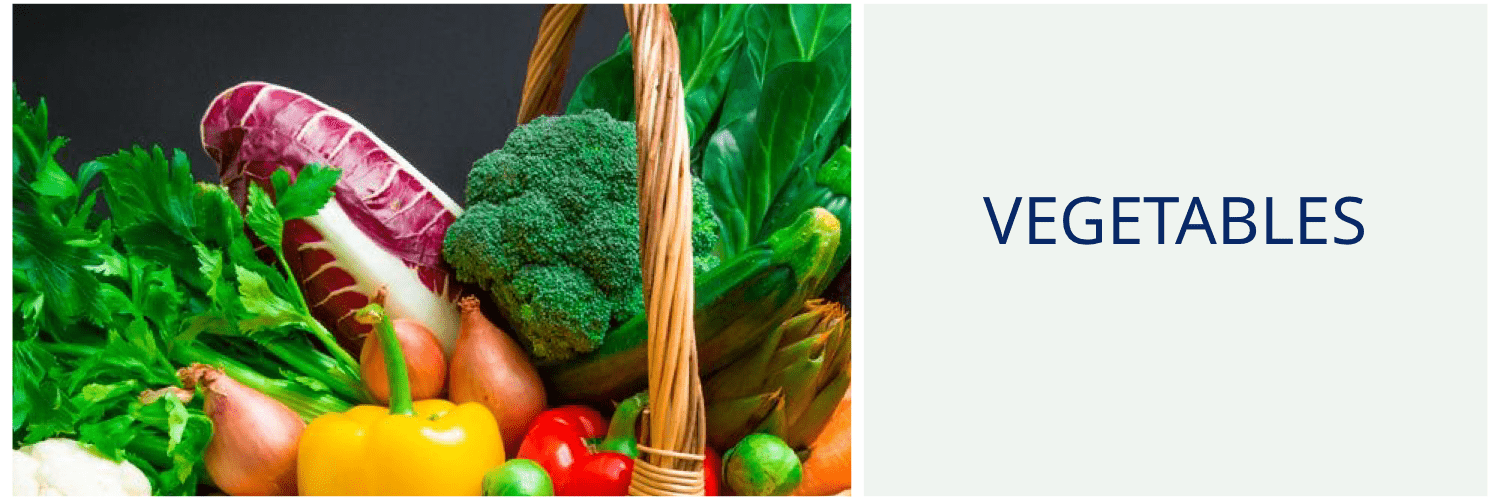
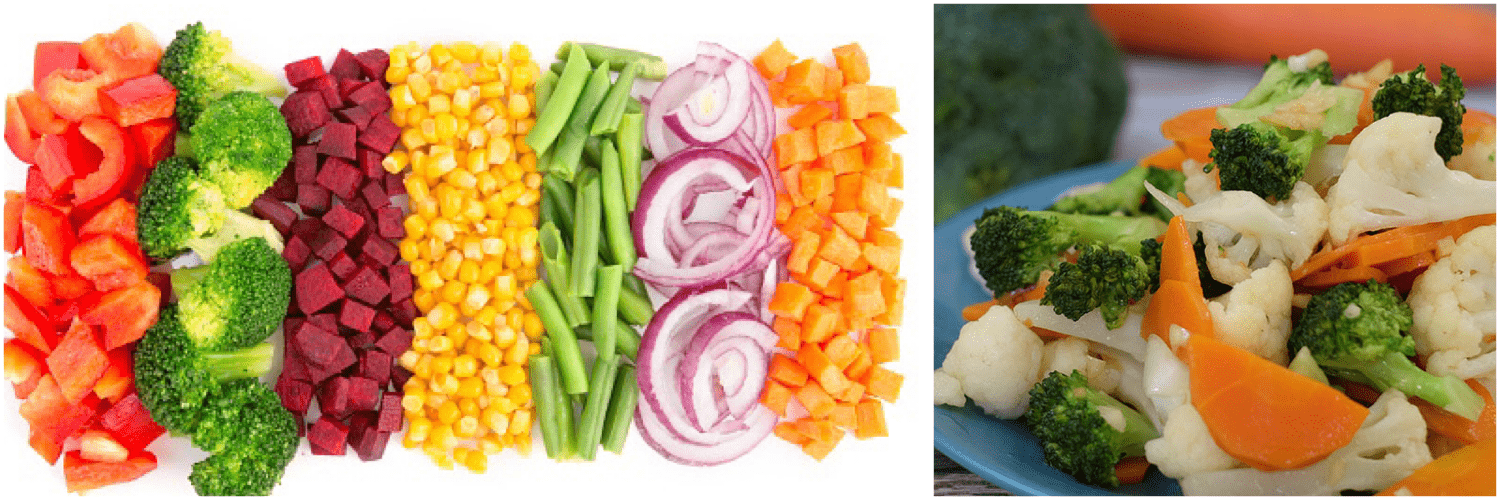
WHICH IS BETTER—RAW OR COOKED VEGETABLES?
Some vegetables benefit from cooking—for example, carrots, asparagus and tomatoes benefit from a little heat. Cooking makes it easier for our bodies to absorb the ferulic acid from asparagus, beta-carotene from carrots, and the antioxidant lycopene from tomatoes. However, other nutrients are also decreased.
Cooking can damage important enzymes—the potency of the anti-cancer component, such as glucosinolates, are reduced. Glucosinolate in broccoli, which can help fight cancer, is decreased when broccoli is cooked.
Certain water-soluble vitamins such as vitamin C and B are often lost during the cooking process as well. Vitamin C levels in tomatoes declined by 10% after being cooked for 2 minutes. Vitamin C, which is highly unstable, is easily degraded through oxidation, exposure to heat, and through cooking in water. Minerals, such as potassium, phosphorus, calcium, magnesium, iron and zinc may be reduced up to 60 – 70%.
Beets lose more than 25% of folate when cooked.
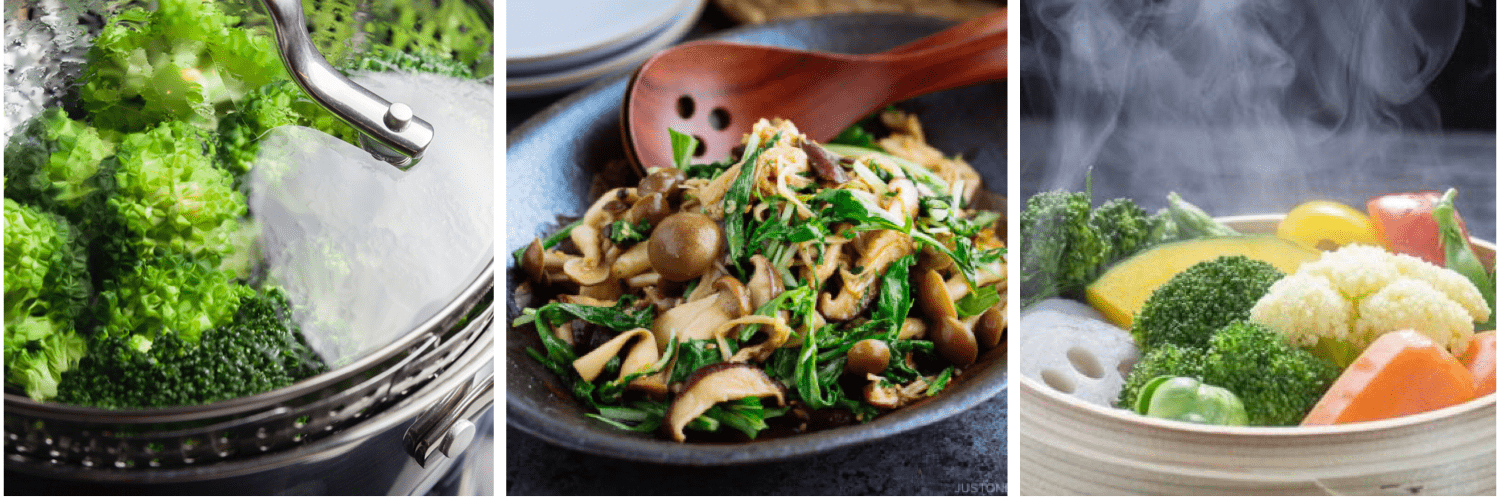
WHAT IS THE BEST WAY TO COOK MY VEGETABLES—STEAM, STIR-FRY OR BOIL?
Whether raw or cooked, eating more vegetables is always important.
Different methods of cooking vegetables have different effects on your health. If you must cook your vegetables instead of eating them raw, then take care in choosing your cooking method.
Steaming vegetables is likely one of the easiest and healthiest ways to cook your vegetables. By steaming vegetables, you allow them to stew in their own juices and retain some of their natural nutrients. For example, some research suggests that steaming broccoli is the best way to cook it. Steaming helps retain as much of the carcinogen-fighting glucosinolates as possible. However, boiling broccoli, among other vegetables, can cause the loss of more than half of its folate.
Boiling is quick and easy—all you need is water and heat! However, the high heat and the large amount of water can cause the loss of water-soluble vitamins and up to 60 – 70% of minerals in your vegetables.
Stir-frying food is probably the most delicious method, but oil can add more calories. When stir-frying your vegetables, make sure the cooking time is short to minimize the effect heat has on the various nutrients in your vegetables. Try to use the healthiest oil you can—one that has a good balance of omega 6 and omega 3, such as macadamia nut oil.
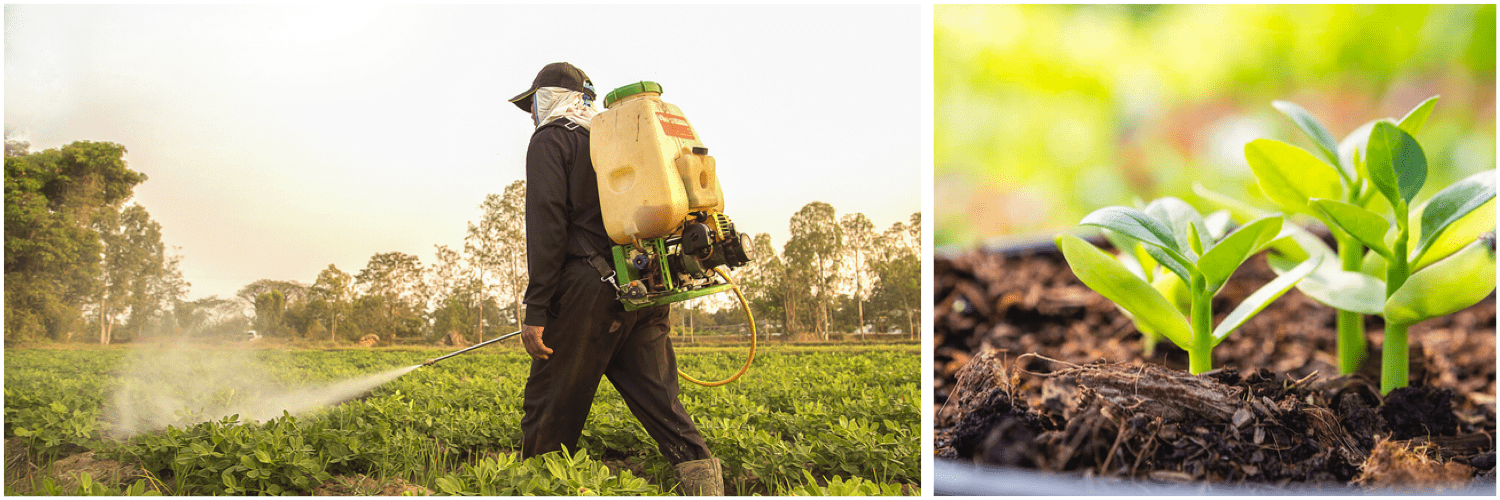
VEGETABLES CAN BE CONTAMINATED WITH HEAVY METALS AND PESTICIDES THAT MEAT MAY NOT BE, SO SHOULD I JUST EAT MEAT?
Heavy metals are found in soil and can make their way into our vegetables. Vegetables easily absorb heavy metals and accumulate them in their edible parts. These vegetables containing high levels of heavy metals can cause various health issues when consumed.
However, some elements otherwise regarded as toxic heavy metals are essential, in small quantities, for human health. For example, iron and zinc. In fact, a deficiency of these can increase the susceptibility to heavy metal poisoning.
Animal products are also at risk for heavy metal contamination. Bioaccumulation of heavy metals occurs in the food chain, and can actually be concentrated in animals. Fish, for example, are notorious for heavy metal contamination. When animals eat food contaminated by heavy metals, they accumulate the heavy metals in their tissue and fat faster than they can get rid of it.
Animal products and meat can also contain large amounts of pesticides. The EPA reports that meat is contaminated with higher levels of pesticides than any plant food. This is because many of the chemical pesticides are fat-soluble and thus accumulate in the fat of animals. When the animals are fed animal feed that contains pesticides, the pesticides accumulate in their bodies, which is then passed on to the human consumers when eaten.
Ultimately, plant food tends to be healthier than food from animals as it provides phytonutrients that boost your immune function. Nonetheless, it is best to get plant food from reliable sources that will test for heavy metals and pesticide residues.
DOES THIS MEAN I SHOULD JUST EAT ORGANIC FOOD?
“Organic” does not mean free from heavy metals or other contaminants. “Organic” is merely a label that describes how the food was grown. Every country has its own regulations for what the organic label means. Although organic food does not use synthetic fertilizers, other types of fertilizers made from more natural sources can be used. These fertilizers can be very high in microbial content, which can transfer onto the crops grown.
Because organic food may still contain contaminants, including heavy metal and microbial content, it is more reliable and important to check your food’s laboratory testing to make sure it is safe to consume.
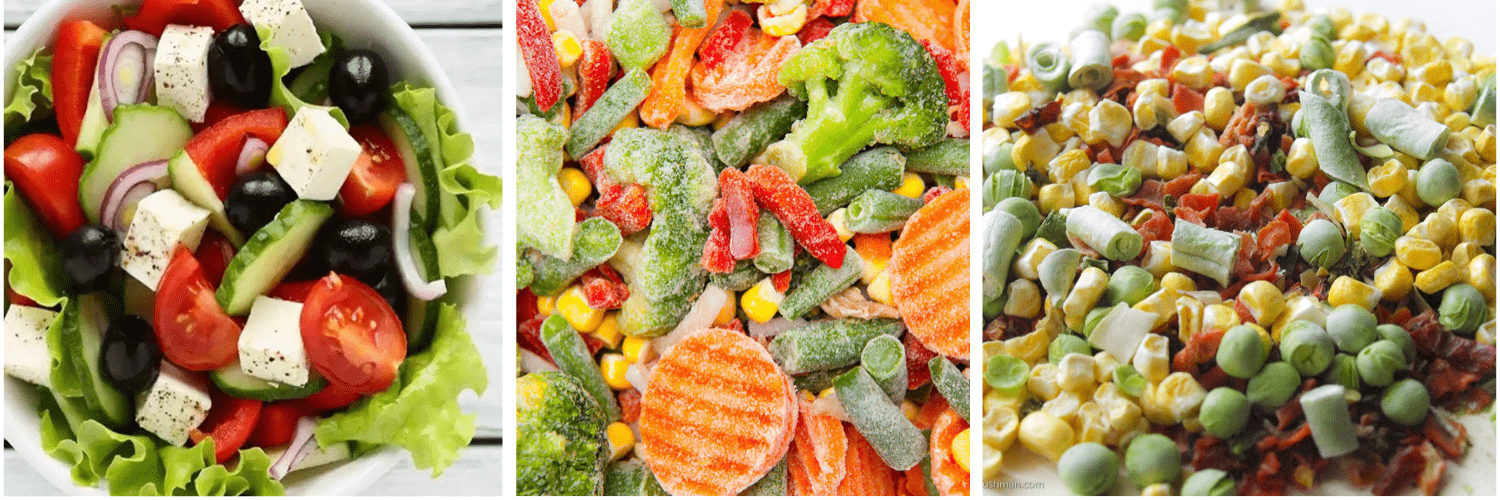
WHICH IS BETTER, FRESH VEGETABLES, FROZEN VEGETABLES, OR FREEZE DRIED VEGETABLES?
It is very difficult to compare these three processes. All three will retain the nutrition of the plant, but the taste will differ.
What determines the nutritional content of food is the time of harvest. Vegetables will lose nutrition progressively as they are left on the shelf. For example, a vegetable harvested but taking 1 – 2 weeks to ship to a supermarket is no longer as nutritious as a vegetable that was harvested at the same time, but then immediately frozen. The freezing process retains the nutrients better than if the vegetable was just sitting in storage.
Freeze drying is one of the best methods in preserving both the nutrients and the taste of vegetables. If done immediately after harvesting, it is the best method for preserving nutrients.
WHY DO I NEED VARIETY IN MY VEGETABLES?
There are a wide variety of phytochemicals, antioxidants, and polysaccharides, and each performs different functions to enhance and protect your health. Each vegetable has its own unique qualities, and each contains different phytochemicals, antioxidants, and polysaccharides.
Let me give you a brief definition of these helpful substances:
Phytochemical: It can deter one of the processes that can cause cancer, thus, helping protect you from cancer.
Antioxidant: It can destroy free radicals, prevent illness, and help you look younger.
Polysaccharide: It will directly boost your immune system.
In order to take full advantage of these benefits, eat a wide variety of vegetables in your diet.
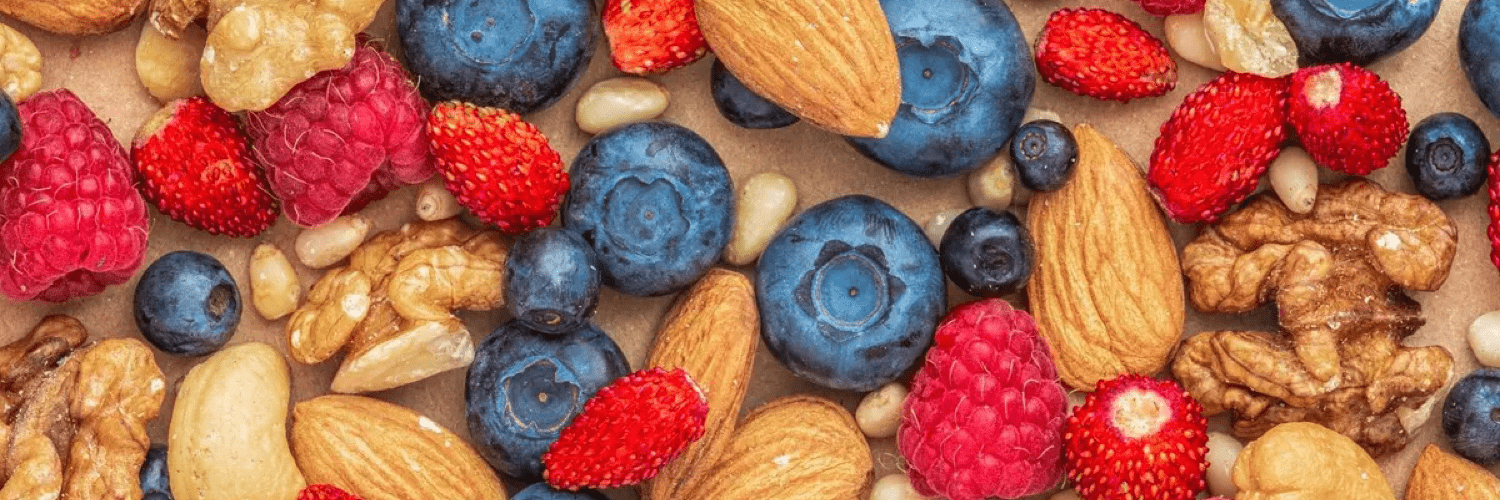
WHY IS BREAKFAST OFTEN HAILED AS THE MOST IMPORTANT MEAL OF THE DAY?
Breakfast is often said to be the most important meal of the day because most people don’t eat overnight, and so with breakfast, you need to replenish your body with nutrients for the day’s work. There is a common misconception that for breakfast you should eat a hearty meal full of sausages, eggs, toast, beans, and hash browns. But this is not the case! You need to be very careful with what you eat. Many people tend to eat eggs for breakfast, but eggs contain large amounts of cholesterol—about 373 mg of cholesterol in 100 g of eggs. Bacon or ham can contain sodium nitrate, a compound often used to cure meats. This sodium nitrate turns into nitrosamine, which can cause cancer.
The best breakfast consists of plenty of plant fiber, and a variety of vegetables to boost immune function and to help combat all the pollution and microbes you’ll meet throughout your day. It’s also best to replenish your protein with plant protein, a source low in fat.
References can be found at www.eleadglobal.com.